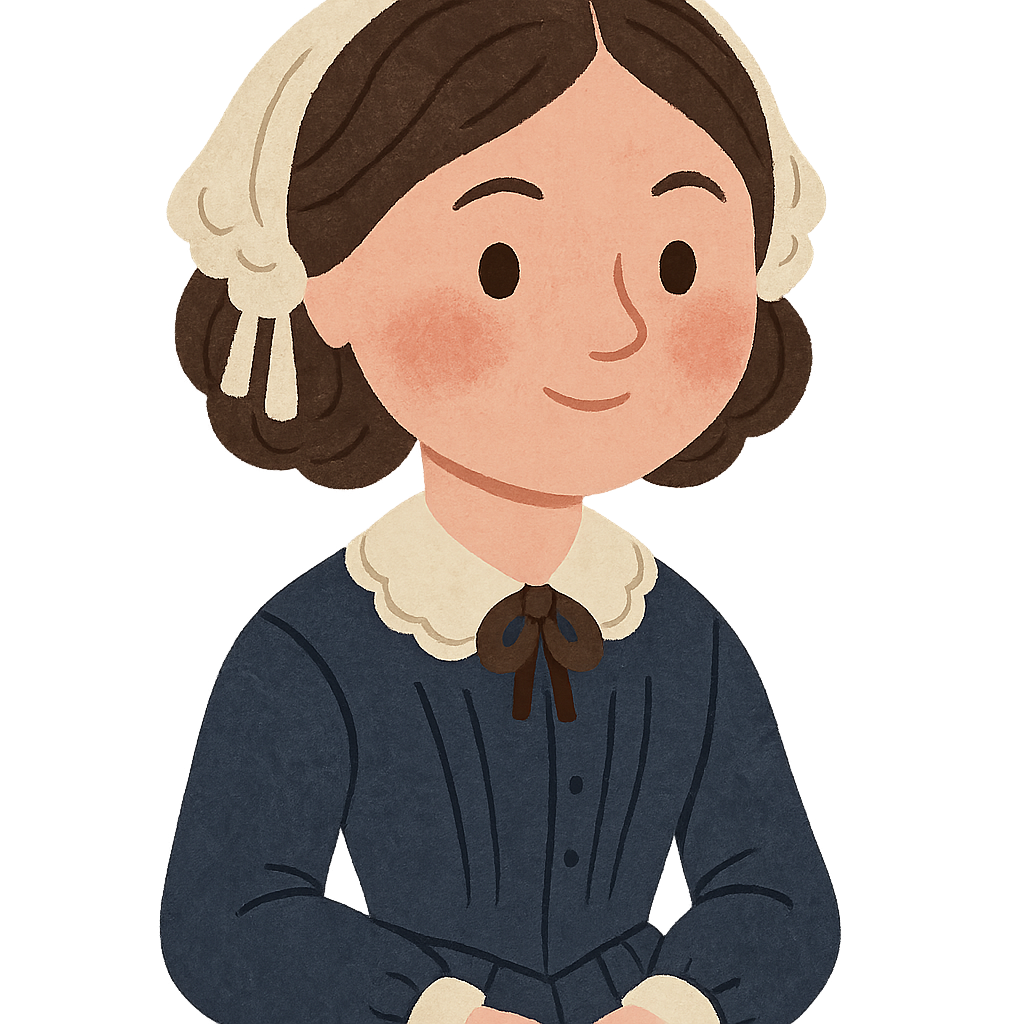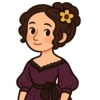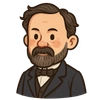Florence Nightingale: The Lady with the Lamp
Hello! My name is Florence. I'll tell you about my life, which started on May 12, 1820, in a beautiful city in Italy named Florence, which is how I got my name! My family was wealthy, and we lived in big, comfortable houses in England. But even as a girl, I felt a strong pull, a calling from God, to do something important to help people who were suffering. In those days, girls like me were expected to marry and run a household, but I wanted to be a nurse. My parents were horrified! Nursing was not considered a respectable job back then. But I couldn't ignore the voice in my heart, so I studied hard in secret, learning all I could about medicine and caring for the sick.
My big chance to help came in 1854 during the Crimean War. My friend, a powerful man named Sidney Herbert, asked me to lead a group of nurses to a military hospital in a place called Scutari. When we arrived, the hospital was dirty, crowded, and smelled terrible. More soldiers were dying from diseases than from their wounds in battle! I knew I had to act. I got down on my hands and knees and scrubbed the floors. My team and I organized the hospital, made sure the soldiers had clean bandages and good food, and opened windows to let in fresh air. At night, when everyone else was asleep, I would walk through the dark hallways with my little lamp, checking on each soldier to make sure they were comfortable. They started calling me 'The Lady with the Lamp,' and it always made me smile to know they felt cared for.
When I returned to England, I was famous, but my work wasn't finished. I had seen so much unnecessary suffering, and I was determined to stop it from happening again. I was very good with numbers and collected a lot of information, which we call data. I used this data to create charts and graphs to show the government, and even Queen Victoria, just how many soldiers were dying from poor conditions. My reports were so convincing that they made huge changes to improve the health of the army. I also wrote a book called 'Notes on Nursing' and used the money people gave me to open the Nightingale Training School for Nurses in 1860. I wanted nursing to be a respected profession for smart, dedicated women.
I spent the rest of my long life working to make hospitals safer and cleaner for everyone. Even though I was often sick myself and had to work from my bed, I wrote thousands of letters and reports. My little lamp in the dark hospital became a symbol of hope and kindness, and it showed that one person, with determination and knowledge, can make a huge difference. I hope my story shows you that if you have a passion to help others, you should follow it with all your heart. You never know how many lives you might light up.
Activities
Take a Quiz
Test what you learned with a fun quiz!
Get creative with colors!
Print a coloring book page of this topic.















